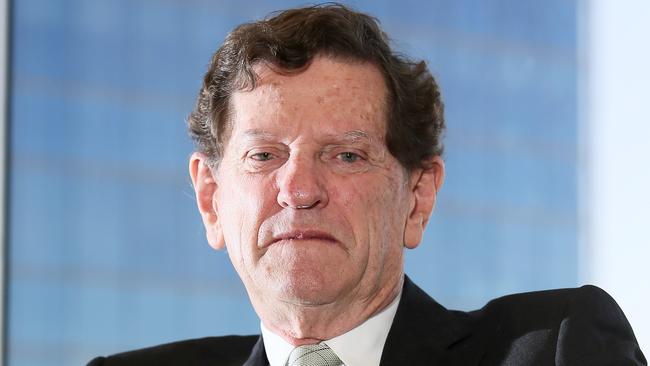Freedom of speech report under fire
Sydney University questions the veracity of part of a report by former High Court chief justice Robert French.

Sydney University has questioned the veracity of part of a report produced by former High Court chief justice Robert French that urges the nation’s universities to adopt a model code protecting freedom of expression.
The university has rejected the level of rigour in an appendix to the report that identifies Sydney University as having the nation’s highest number of incidents in which freedom of expression has come under attack.
That appendix, according to a university spokesperson, had misrepresented some matters.
The French report, which was commissioned by the federal government, urges universities to adopt a voluntary model code requiring them to treat free speech as a “paramount value”.
However, Sydney University takes issue with an appendix that reproduces data from a free speech audit conducted by the Institute of Public Affairs. The inclusion of that data did not involve acceptance of its allegations, the French report says.
It shows 51 incidents were alleged to have taken place at 20 universities in which freedom of expression was said to have come under attack.
Sydney University accounted for 19 of those 51 alleged incidents, which included an attempt by protesters to prevent columnist Bettina Arndt from questioning the existence of a “rape culture” at universities.
However, the university said yesterday it did not consider the IPA’s audits to be rigorous or comprehensive.
“They are based on selective media coverage rather than informed analysis of actual events. The audits further misrepresent some cases as issues of ‘free speech’ when they were instead breaches of university policies,” the spokesperson said.
The IPA’s Matthew Lesh said the audits used the same methodology as world-leading campus free speech analysis in Britain and the US.
“It is telling that the University of Sydney, which ranked worst in Australia for fostering a culture of freedom of speech, has chosen to bury their heads in the sand rather than use the French review as an opportunity to review their practices,” Mr Lesh said.
Seven universities told the French review they had undertaken, or intended to undertake, a review of the way in which they managed freedom of expression and academic freedom.
Sydney University said yesterday it had a robust framework on these matters but in the light of the French review’s recommendations, it would consider “if and how” its rules, codes of conduct, policies and procedures might be developed.




To join the conversation, please log in. Don't have an account? Register
Join the conversation, you are commenting as Logout